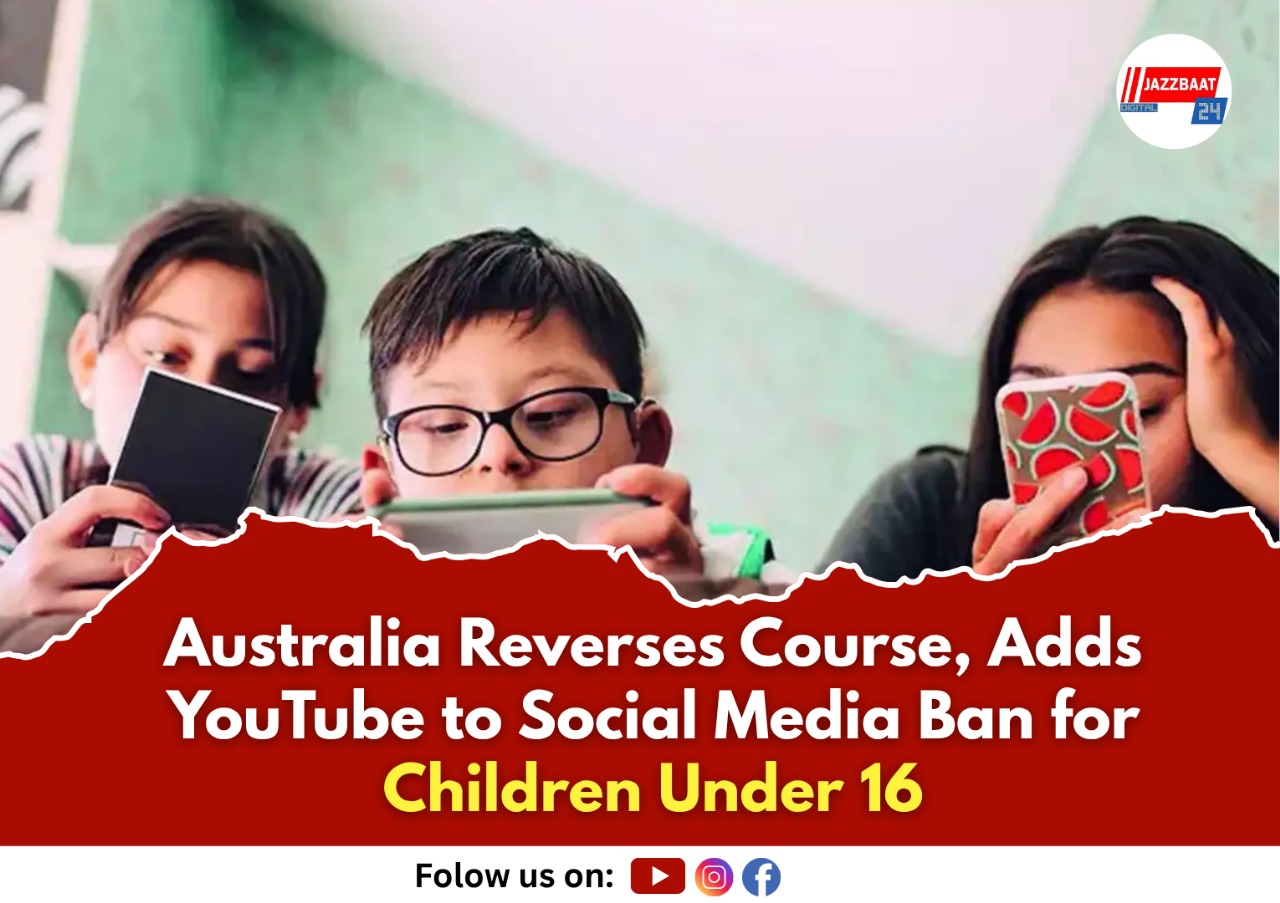
Australia has made a significant U-turn in its groundbreaking social media legislation, announcing Wednesday that YouTube will now be included in the country's world-first ban on social media platforms for children under 16 years old.
The decision marks a notable reversal from the government's earlier position, which had exempted the Google-owned video-sharing platform from restrictions that will affect other major platforms including Facebook, Instagram, TikTok, Snapchat, and X starting December 10.
Prime Minister Anthony Albanese emphasized the government's commitment to protecting young Australians during a press conference Wednesday. "Social media is doing social harm to our children, and I want Australian parents to know that we have their backs," he said. "We know this is not the only solution, but it will make a difference."
The inclusion of YouTube followed recommendations from Australia's eSafety Commissioner Julie Inman Grant, whose research revealed troubling statistics about children's exposure to harmful content. The study found that 37% of children aged 10 to 15 reported encountering harmful material on YouTube – the highest rate among all social media platforms surveyed.
Communications Minister Anika Wells defended the decision, noting that four in ten Australian children had reported viewing harmful content on the platform. "We want kids to know who they are before platforms assume who they are," Wells stated. "There's a place for social media, but there's not a place for predatory algorithms targeting children."
YouTube's parent company Google has expressed strong opposition to the decision, with a spokesperson calling Wednesday's announcement "a jarring U-turn from the government." The company maintains its position that YouTube differs fundamentally from traditional social media platforms.
"Our position remains clear: YouTube is a video sharing platform with a library of free, high-quality content, increasingly viewed on TV screens. It's not social media," the company said in an official statement.
Under the new regulations, teenagers will still be able to view YouTube videos but cannot create accounts, which are necessary for uploading content or interacting with other users on the platform.
The legislation carries serious financial consequences for non-compliance. Tech companies face fines of up to AU$49.5 million (US$32.2 million) if they fail to prevent underage users from accessing their platforms. Companies must deactivate existing underage accounts, prevent new registrations, and close potential workarounds.
Certain platforms will remain accessible to young users, including online gaming services, messaging apps, and educational or health-related applications, which officials say pose fewer risks to minors.
Australia's pioneering approach has captured global attention, with Norway announcing similar legislation and the United Kingdom considering comparable measures. The success or failure of Australia's implementation could influence digital policy decisions worldwide.
As the December deadline approaches, all eyes will be on how effectively these restrictions can be enforced and whether they achieve their intended goal of protecting young Australians from online harm while preserving their access to beneficial digital resources.